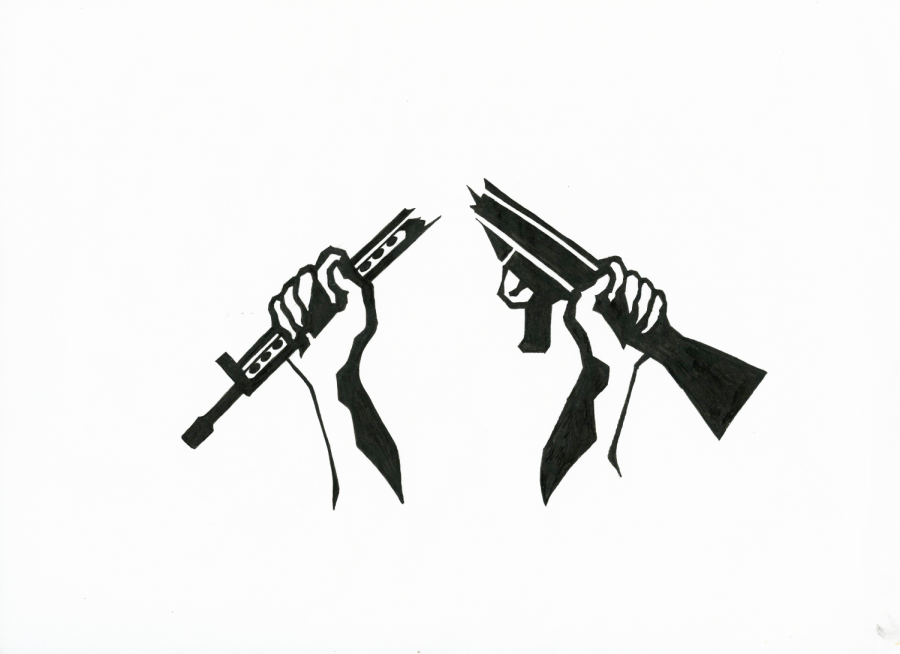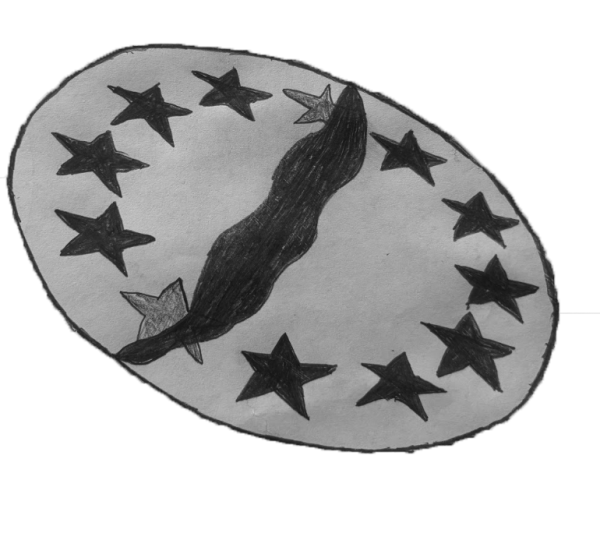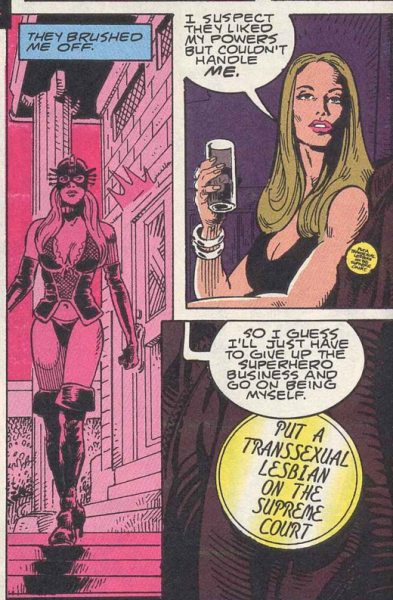Post-New Zealand Massacre
How this country admirably reacted to a tragedy.
On March 15th, a terrorist entered two mosques in Christchurch, New Zealand murdering 50 civilians and injuring 50 others. 34 people are hospitalized and 12 are in critical condition making this New Zealand’s largest massacre since 1943. Images spread over the world of affected families mourning and others standing in solidarity. Women wore hijabs on news networks and in public appearances to grieve with the families. Prime Minister Jacinda Ardern described the attack as one of New Zealand’s darkest days.
A day after the attack, Ardern respectfully met with the Muslim community in Christchurch to grieve, saying “This is not New Zealand”. Ardern’s actions following the shooting that have further emphasized the dismissal of the shooter. Ardern refused to say the terrorist’s name, whether in press interviews or throughout speeches. She dismissed him as an extremist and never gave him the satisfaction of being known.
What is unique and admirable about this is that too often during these tragedies the light is shone on the terrorist. Who he was, his upbringing, his mental health, anything to explain why he did what he did. We try to empathize and find meaning or an explanation. This detracts from the true victims: their lives, their story. Ardern never publicized or advertised his story, a way of truly honoring the victims.
Ardern then promised that New Zealand gun laws would change. On the Thursday following the attack she made good on that promise. Assault rifles and semi automatic guns are now banned in New Zealand. This also includes high-capacity magazines and parts that cause a firearm to generate. “In short, every semi-automatic weapon used in the terrorist attack on Friday will be banned in this country,” said Ardern. She is also initiating a buy-back scheme, in which current owners would be fully compensated.
At first, it is obviously easy to watch New Zealand’s response and look to the U.S with raised eyebrows. Many told the leaders of this country to take notes, a very reasonable and normal response.
In a country where guns are deeply rooted in culture and have become a part of mainstream society however, it becomes difficult to apply the solutions of New Zealand to the U.S.
Constitutional protection, governmental set up and cultural differences are just a few of the many reasons the U.S might not be able to fix its lack of gun control as quickly as New Zealand has.
However although reforms might not be enforced or enacted as promptly does not mean that there’s nothing to learn. Guns have become a very real and seemingly normalized thing in American society, to a point where a gun can even be brought to school with unconcerned reactions from civilians. It’s scary to see how easy it is to be in danger of gun violence without ever knowing it.
So frankly, reactions like New Zealand’s are a very refreshing and hope bearing thing. Guns should not be normalized and be seen as the dangerous weapons they are.
Although the U.S might not be able to control guns as quickly or strongly as New Zealand has, there is still a lot to learn about gun safety in vulnerable places such as schools, malls, churches and mosques.





